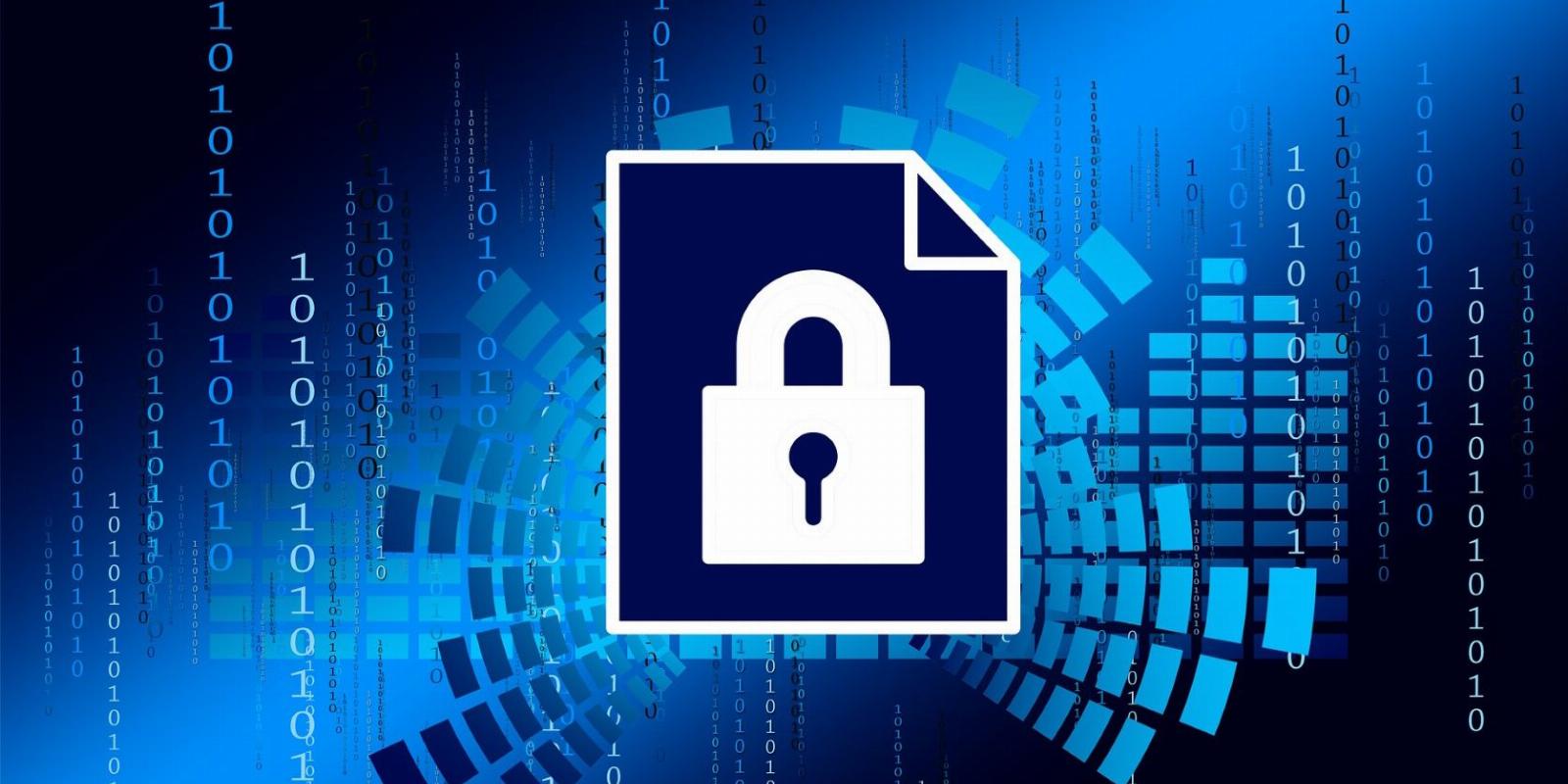
Password vs. Passphrase: Which Is Better for Your Online Security?
Reading Time: 3 minutesLet’s consider what you should know about passwords and passphrases before you choose which one to use.
In the majority of successful cyberattack attempts, poor login credentials are the prime suspect. By creating a strong password you can remove the risk of cybercriminals figuring out your logins and stealing your sensitive data, right?
However, many cybersecurity experts are suggesting that switching from passwords to passphrases could be critical in solving this rising security challenge. Since they aren’t a confusing combo of characters, passphrases are easier to remember, and they can be pretty personal too.
But let’s find out how they compare to passwords and which is better for safeguarding sensitive information.
What Is a Password?
In short, a password is a string of characters that serves as access control for a specific system such as a computer, software, or an online account. For instance, if you want to log in to your YouTube account, you’ll be asked to provide a login that consists of a username/an email address, and a password. After all, the password is the part that keeps your data behind the login safe.
While a password can comprise all sorts of characters, you’ll probably want to protect your accounts and other private information with a rock-solid one. To create a strong password, it’s best to use a combination of uppercase/lowercase characters, numbers, and symbols. Plus, your password shouldn’t be shorter than 16 characters.
Here’s an example:
Although you can certainly come up with a more memorable password than this, doing so could put you at serious risk of a successful brute force attack.
What Is a Passphrase?
Rather than being a string of random characters, a passphrase consists of real words in random or premeditated order. These can be separated by spaces or symbols such as hyphens (‐), but this isn’t always required.
However, keep in mind that not all security systems support space as a character, which means you’ll have to separate words of your passphrase using other characters or slam them all together.
Here’s an example of a randomly generated passphrase:
As with passwords, by making a passphrase too meaningful you could compromise its strength. For instance, if your passphrase consists of lyrics of your favorite song you’ve previously published on social media sites.
Fortunately, there are plenty of terrific online tools you can utilize to create strong passphrases. If you don’t want to make up a memorable password yourself, try some password and passphrases generators.
Password vs. Passphrase: Similarities and Differences
For starters, both passwords and passphrases serve the same purpose—that is, to protect the information you’ve locked behind them. However, as you’ve surely noticed by now, they aren’t precisely the same.
While passphrases are longer than passwords in general, they aren’t as random as most passwords are. Plus, they are made of real words and don’t contain any numbers or symbols.
So, it’s more likely you’ll memorize a passphrase than a password (if you aren’t using something like ‘1234567890’, that is).
However, if you’re not using the same passphrases for all your accounts (as you shouldn’t), memorizing all of them could turn into an impossible task. This is even truer for passwords since they are more chaotic at their core.
Which Is Better, a Password or a Passphrase?
On the surface, it seems you can find more randomness in a password which makes it less likely to be cracked. However, mathematically speaking, there are 94 possible options for each character in a password. So, if you’re using an average password length (although we’re sure you’re not) of eight to ten characters, there are enough password-cracking tools out there to do the trick.
Meanwhile, since passphrases can reach 100 characters and more, they’re harder to crack from a mathematical point of view. Plus, if you add punctuation and utilize both upper and lower cases characters, your passphrase can easily match a password in strength.
On top of this, since most password-cracking tools fall flat when faced with over eight characters, passphrases seem like a safer bet. However, if you still prefer using passwords, make sure they’re strong enough.
While keeping it simple may be tempting, it’s vital to avoid common password mistakes.
Password vs. Passphrase: Which One Should You Use?
From a security standpoint, both passwords and passphrases can be superbly secure. To be sure, create a 16-character-long password using uppercase/lowercase characters, numbers, and symbols alike. As for passphrases, using four words is good but getting to five words is even better.
However, if you’re planning to make a mental note of your password, it’s smarter to use a passphrase instead.
Reference: https://www.makeuseof.com/password-vs-passphrase-which-is-better-for-online-security/
Ref: makeuseof
MediaDownloader.net -> Free Online Video Downloader, Download Any Video From YouTube, VK, Vimeo, Twitter, Twitch, Tumblr, Tiktok, Telegram, TED, Streamable, Soundcloud, Snapchat, Share, Rumble, Reddit, PuhuTV, Pinterest, Periscope, Ok.ru, MxTakatak, Mixcloud, Mashable, LinkedIn, Likee, Kwai, Izlesene, Instagram, Imgur, IMDB, Ifunny, Gaana, Flickr, Febspot, Facebook, ESPN, Douyin, Dailymotion, Buzzfeed, BluTV, Blogger, Bitchute, Bilibili, Bandcamp, Akıllı, 9GAG